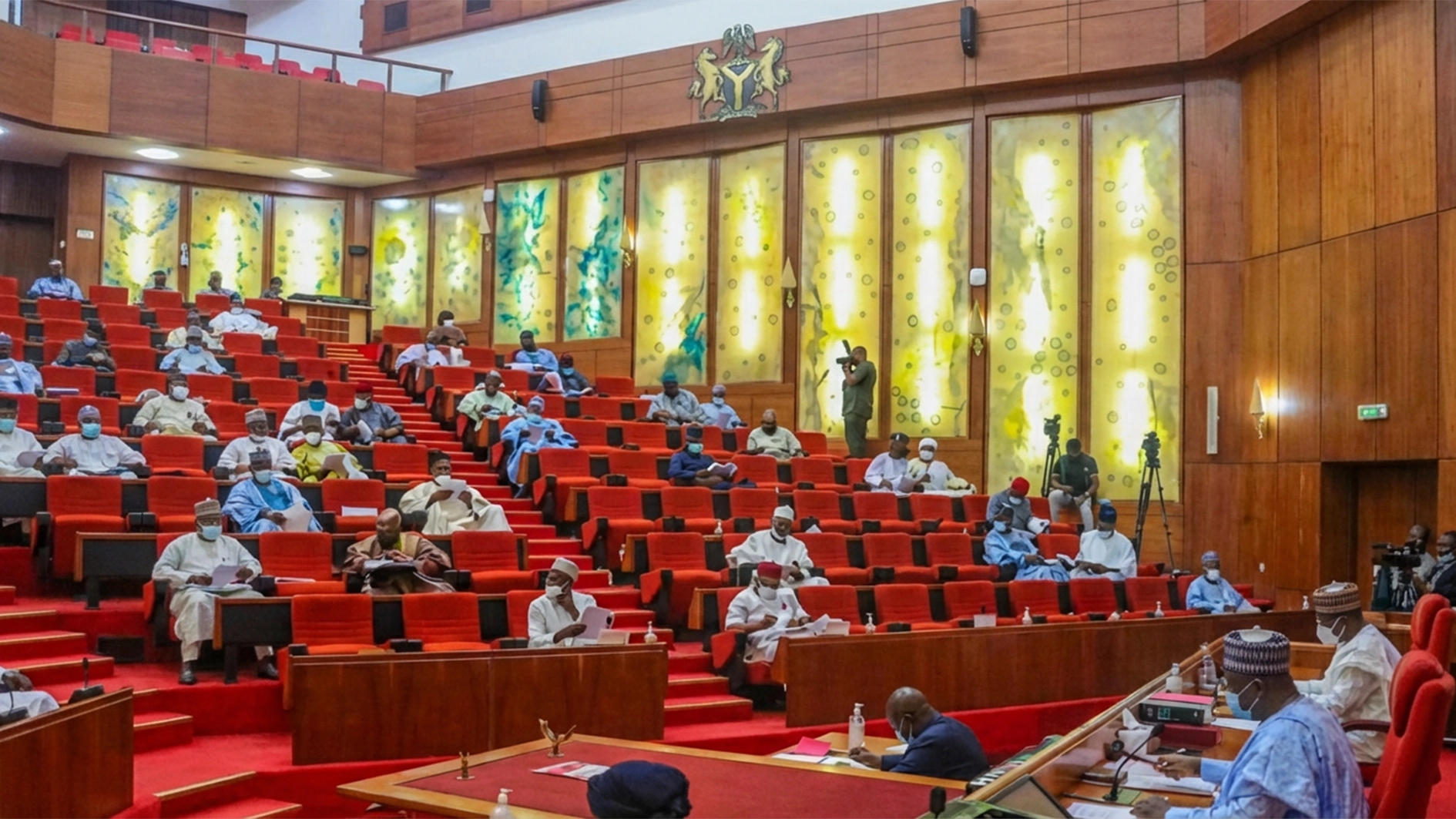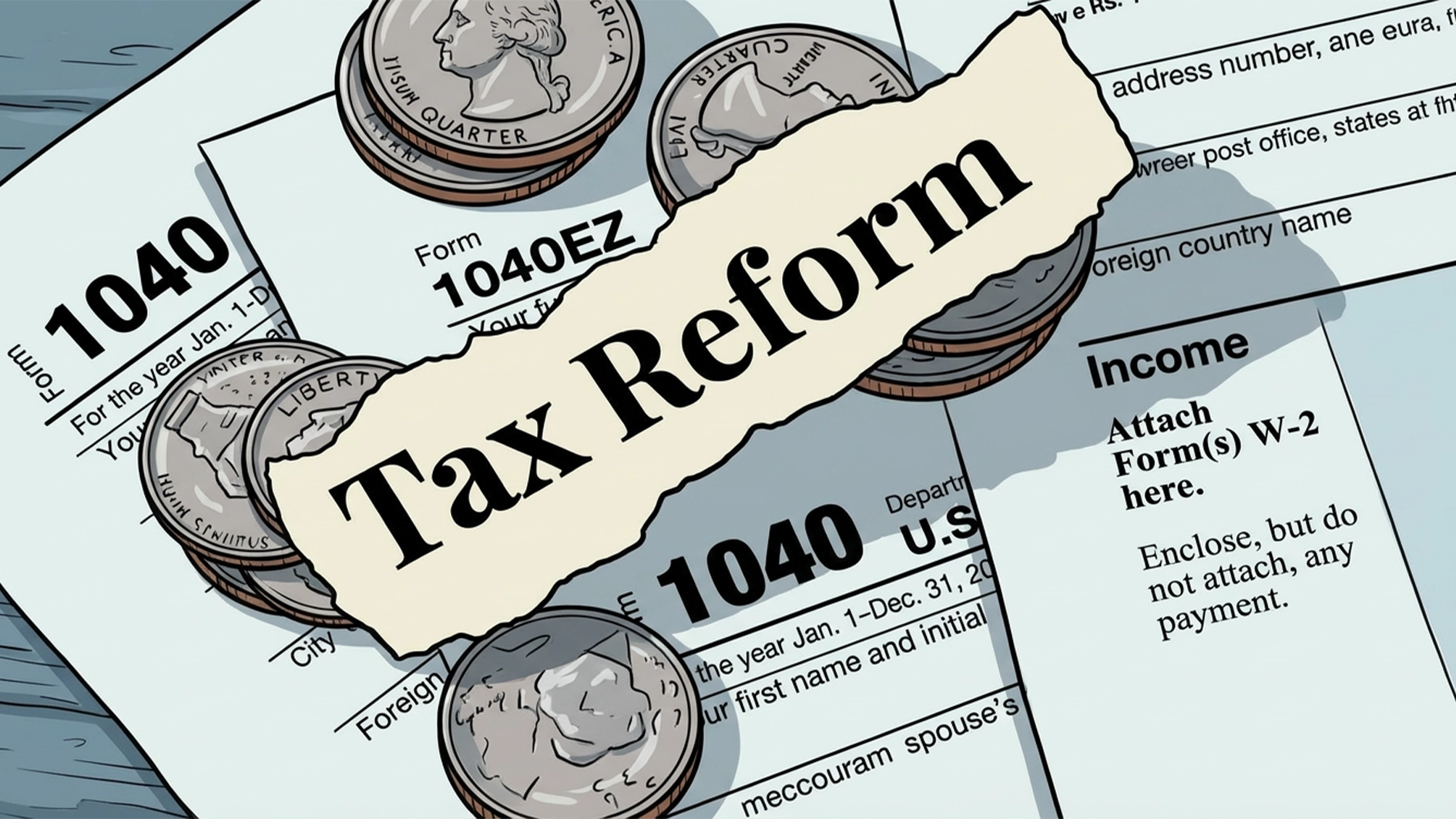The Chairman of the Presidential Fiscal Policy and Tax Reforms Committee, Taiwo Oyedele, says he was quoted out of context by some sections of the media over households earning N250,000 or less per month.
In a post shared on his verified X account on Friday, the tax boss clarified that his reference to ₦250,000 was in the context of a household, not an individual, as wrongly quoted
Debunking the report, Oyedele maintained that the monthly tax exemption threshold for an individual is ₦108,000 (₦1.3 million annually)
”For clarity, my reference to ₦250,000 was in the context of a household, not an individual. The monthly tax exemption threshold for an individual is ₦108,000 (₦1.3 million annually).
”I hope this clears up any misunderstanding,” he said.
Speaking on ChannelTV, Oyedele clarified that under the new tax laws, Nigerian households earning ₦250, 000 or less per month are classified as poor and exempt from paying taxes.
“When we did the maths, it gave us an amount, and
that was what we used in determining the income below which nobody should pay taxes.,
“We came up with a ₦120, they can take care of themselves. Of course, they are not going to have luxury, but at least they can take care of themselves. They are poor, and they shouldn’t pay taxes.”, 000 or ₦130, 000 per two people working in a household of five. If the earnings are about ₦250, 000, he said
Oyedele described the new tax law as the ”pro-poor,” saying it will ease the burden on low-income earners, small business owners, and everyday Nigerians.
He added that more than 1/3 of workers in both the private and public sectors will not have to pay personal income tax. Oyedele assured that small businesses, over 90 per cent of small and micro, nano businesses, will no longer have to worry about paying corporate income tax or charging VAT or even deducting withholding tax or paying PAYE for their employees.
The tax boss emphasised relief for sectors where households spend most, clarifying that: “transportation, accommodation and housing is exempt from VAT… collectively account for more than 80 per cent of where Nigerians spend their money. That’s a huge relief for them.”






